Why Wait For Monday To Start?
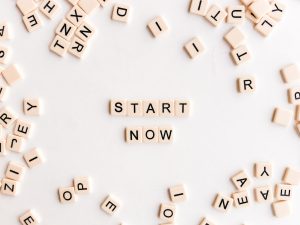 Lots of things can inspire people to get fit. It could be trying on bathing suits for summer or walking up stairs and having to stop before the last step to catch your breath. When people have that special moment that reminds them they’re out of shape, they often vow to start an exercise program. Sometimes, they begin immediately, while other times they decide to wait, either for their day off, an opportunity to join a gym or for a number of other reasons. Why wait to start? You’ll be more successful if you act on the desire when it’s strongest.
Lots of things can inspire people to get fit. It could be trying on bathing suits for summer or walking up stairs and having to stop before the last step to catch your breath. When people have that special moment that reminds them they’re out of shape, they often vow to start an exercise program. Sometimes, they begin immediately, while other times they decide to wait, either for their day off, an opportunity to join a gym or for a number of other reasons. Why wait to start? You’ll be more successful if you act on the desire when it’s strongest.
Getting started doesn’t have to be formal.
You don’t have to join a gym or find the “perfect” program to get started. You just have to do something. Go for a walk. Do some jumping jacks in the living room. Dust off your bike and go for a ride. Doing something, anything that’s exercise that you can do immediately is the best way to start. If you’re completely out of shape, take it slowly, but try to get in at least a half hour, even if it’s three ten minute sessions. Something is always better than nothing.
Don’t waste precious momentum looking for the perfect exercise or gym before you start.
Getting exercise is all that counts. It doesn’t mean you will always workout on your own or use walking or stair climbing as your only form of exercise. It just means that it’s a place to start. When Newton created the law of motion, stating that an object in motion stays in motion, he probably wasn’t talking about working out, but it’s true if you’re talking about a program of exercise. Just get started and work out the technicalities later. Find your special workout home, while you’re doing at home workouts.
Set solid goals immediately.
It doesn’t have to be extremely formal. Decide what you want to achieve and a time frame to accomplish it. Make it realistic. If you want to lose 20-pounds, your time frame should be two to three months, not a week. It should be specific, naming a date. If you intend to workout on your own, lay out a program of exercise as soon as possible. Identifying the number of reps and sets for each exercise. If you feel lost trying to do that, seek out the help of a trainer who can create the perfect routine for you.
- Exercise is important, but so is healthy eating. Whether you want to lose weight, have more energy or just feel better, consider adding a program of healthy eating to your plans.
- Procrastination is your enemy. The longer you procrastinate, the more difficult starting seems. It also leads to depression and lethargy. Start moving and the happy hormones exercise creates will help you accomplish the formal steps.
- Start by blocking out time every day for exercise and make it an appointment with good health. You’d put a doctor’s appointment in your calendar, so consider your workout time a way to avoid a lot of future doctor’s appointments.
- It takes about three weeks to establish a habit, so make sure those first three weeks are easy to accomplish. Gradually increase the intensity of your workout to maximize the benefits and don’t try to overdo at first.
For more information, contact us today at LIV Fitness

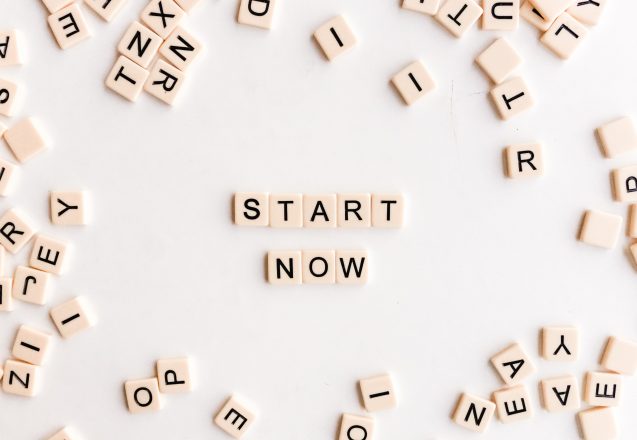
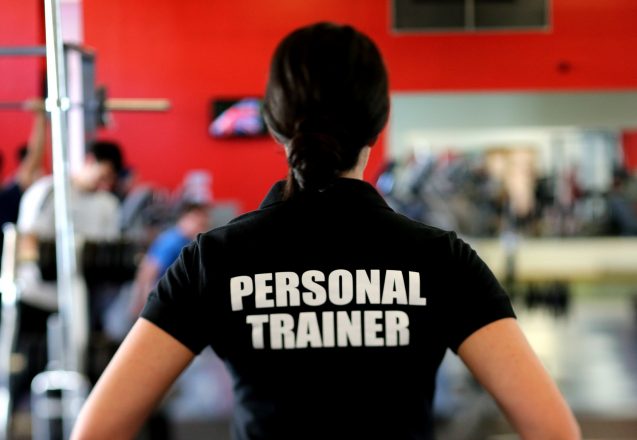
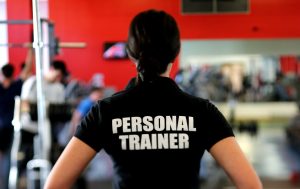 Finding a gym or trainer that offers the help you need to achieve your goals faster is what everyone wants. In order to achieve your goal of getting the perfect place to workout or person to help you, you have to know what to look for in a gym or personal trainer. The time you spend working out is precious, so you want to make the best decision for your needs. Take the time to interview, inspect and take a tour of facilities to see if it offers everything you need.
Finding a gym or trainer that offers the help you need to achieve your goals faster is what everyone wants. In order to achieve your goal of getting the perfect place to workout or person to help you, you have to know what to look for in a gym or personal trainer. The time you spend working out is precious, so you want to make the best decision for your needs. Take the time to interview, inspect and take a tour of facilities to see if it offers everything you need.
 Some sites suggest an hour a day, others say a half hour will do. Some say you won’t get any benefit under an hour, other sites say a workout can be as short as 10 minutes several times a day to get a benefit. It’s no wonder many of our clients in Livermore, Pleasanton and Dublin, CA are confused and often ask, “How long should I work out each day?” There’s a reason much of the information is conflicting or vague. Your workout time will vary based on the type of workout you do, your level of intensity and your ultimate goal.
Some sites suggest an hour a day, others say a half hour will do. Some say you won’t get any benefit under an hour, other sites say a workout can be as short as 10 minutes several times a day to get a benefit. It’s no wonder many of our clients in Livermore, Pleasanton and Dublin, CA are confused and often ask, “How long should I work out each day?” There’s a reason much of the information is conflicting or vague. Your workout time will vary based on the type of workout you do, your level of intensity and your ultimate goal.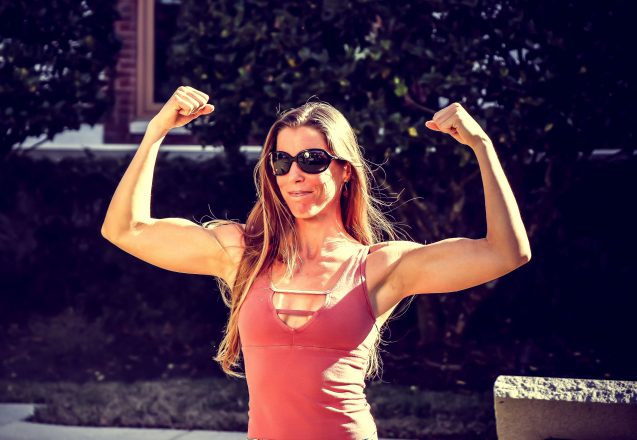
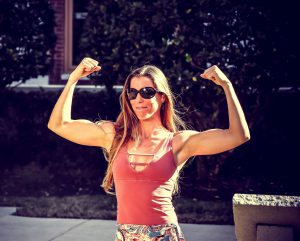 Some people think of broad shoulders and muscular arms when they think of upper body workouts, but they provide more than just bulging muscles. They provide toning and sculpting. I have several clients in Dublin, CA, who focus on upper body workouts to eliminate bat wings—those flabby underarms nobody wants to show in the summer. Others want to improve their upper body strength to improve their posture, breathe easier and improve their upper body strength for better functional fitness, to prevent injury doing everyday tasks.
Some people think of broad shoulders and muscular arms when they think of upper body workouts, but they provide more than just bulging muscles. They provide toning and sculpting. I have several clients in Dublin, CA, who focus on upper body workouts to eliminate bat wings—those flabby underarms nobody wants to show in the summer. Others want to improve their upper body strength to improve their posture, breathe easier and improve their upper body strength for better functional fitness, to prevent injury doing everyday tasks.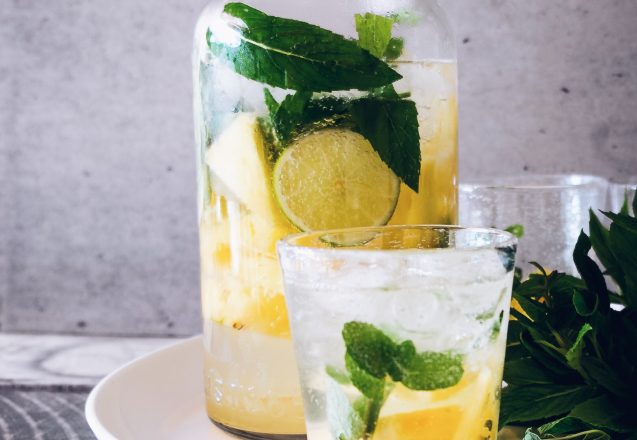
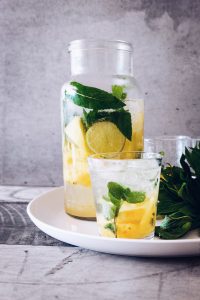 There are many reasons to make sure that you drink plenty of water, so the fact that it can help you lose weight is just one more bonus. Water is necessary to keep your body functioning properly. Your brain and heart are 73% water and your lungs are 83%. Water helps regulate your body temperature and aids in cell building. Dehydration can lead to achy joints, since water is a lubricant for the body. Water can energize you, too. Too little water can make you feel exhausted and give you brain fog. So, even if you aren’t trying to lose weight, drinking adequate water is important.
There are many reasons to make sure that you drink plenty of water, so the fact that it can help you lose weight is just one more bonus. Water is necessary to keep your body functioning properly. Your brain and heart are 73% water and your lungs are 83%. Water helps regulate your body temperature and aids in cell building. Dehydration can lead to achy joints, since water is a lubricant for the body. Water can energize you, too. Too little water can make you feel exhausted and give you brain fog. So, even if you aren’t trying to lose weight, drinking adequate water is important.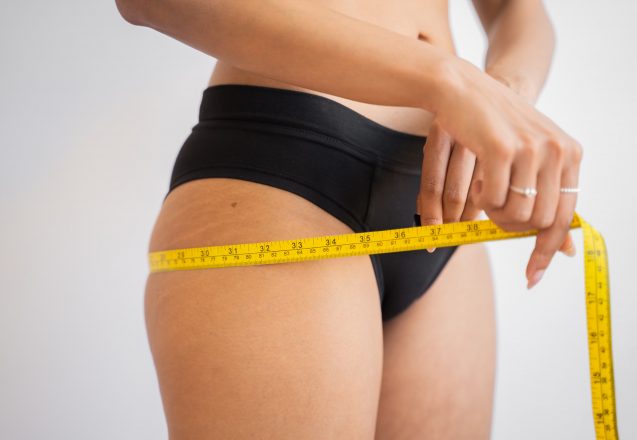
 Your BMI—body mass index—uses height and weight to measure the amount of body fat. However, it’s just an approximation and not meant to be the final verdict. It’s best for people that are new to exercise, since it doesn’t take into account the amount of muscle mass you have, your bone density or the overall composition of your body.
Your BMI—body mass index—uses height and weight to measure the amount of body fat. However, it’s just an approximation and not meant to be the final verdict. It’s best for people that are new to exercise, since it doesn’t take into account the amount of muscle mass you have, your bone density or the overall composition of your body.
 Are you constantly carrying a Kleenex or coughing and sneezing at inappropriate times? Now more than ever, curtailing that constant cold symptoms that occur with seasonal allergies is important. Unfortunately, most people in Dublin, CA choose to either stay indoors and miss out on all the fun of warmer weather or take a pill that makes you feel groggy and half awake for hours. There may be a better way to reduce the effect. Try eating right to reduce seasonal allergies. There are foods that can help relieve allergy symptoms by reducing the runny nose or boosting your immune symptoms.
Are you constantly carrying a Kleenex or coughing and sneezing at inappropriate times? Now more than ever, curtailing that constant cold symptoms that occur with seasonal allergies is important. Unfortunately, most people in Dublin, CA choose to either stay indoors and miss out on all the fun of warmer weather or take a pill that makes you feel groggy and half awake for hours. There may be a better way to reduce the effect. Try eating right to reduce seasonal allergies. There are foods that can help relieve allergy symptoms by reducing the runny nose or boosting your immune symptoms.
 There are many medications you can take for high blood pressure, but most doctors agree, changing lifestyle habits should be the first place to start and often you can lower high blood pressure naturally. Lifestyle changes can lead to dramatic drops in blood pressure levels, getting them to normal levels without taking a single pill. However, never undertake these changes without consulting your doctor and never go off blood pressure medication on your own. While you can and should take charge of your own health care by living healthier, your health care provider is the expert to help you on that journey.
There are many medications you can take for high blood pressure, but most doctors agree, changing lifestyle habits should be the first place to start and often you can lower high blood pressure naturally. Lifestyle changes can lead to dramatic drops in blood pressure levels, getting them to normal levels without taking a single pill. However, never undertake these changes without consulting your doctor and never go off blood pressure medication on your own. While you can and should take charge of your own health care by living healthier, your health care provider is the expert to help you on that journey.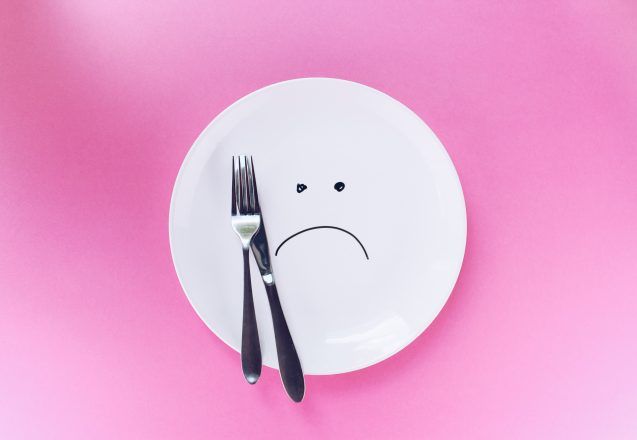
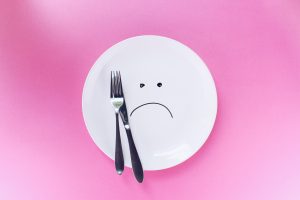 I try to dispel as many weight loss myths as I can to help clients in Pleasanton, CA, but there are always new ones arising or old ones reworded to sound like new information. Some are easy to dispel, such as those that promote a fad, like magical weight loss elixirs such as the lemonade diet. One myth that can be particularly defeating is the belief that you’ll lose the same amount each week. I’ve seen people despair because they did everything right, yet didn’t lose a single pound and others that cheated who managed to shed four pounds instead of two. You need to judge your weight loss program over several months, since weight fluctuates daily, even if you burned and ate the same number of calories. It’s often caused by water weight fluctuations.
I try to dispel as many weight loss myths as I can to help clients in Pleasanton, CA, but there are always new ones arising or old ones reworded to sound like new information. Some are easy to dispel, such as those that promote a fad, like magical weight loss elixirs such as the lemonade diet. One myth that can be particularly defeating is the belief that you’ll lose the same amount each week. I’ve seen people despair because they did everything right, yet didn’t lose a single pound and others that cheated who managed to shed four pounds instead of two. You need to judge your weight loss program over several months, since weight fluctuates daily, even if you burned and ate the same number of calories. It’s often caused by water weight fluctuations.